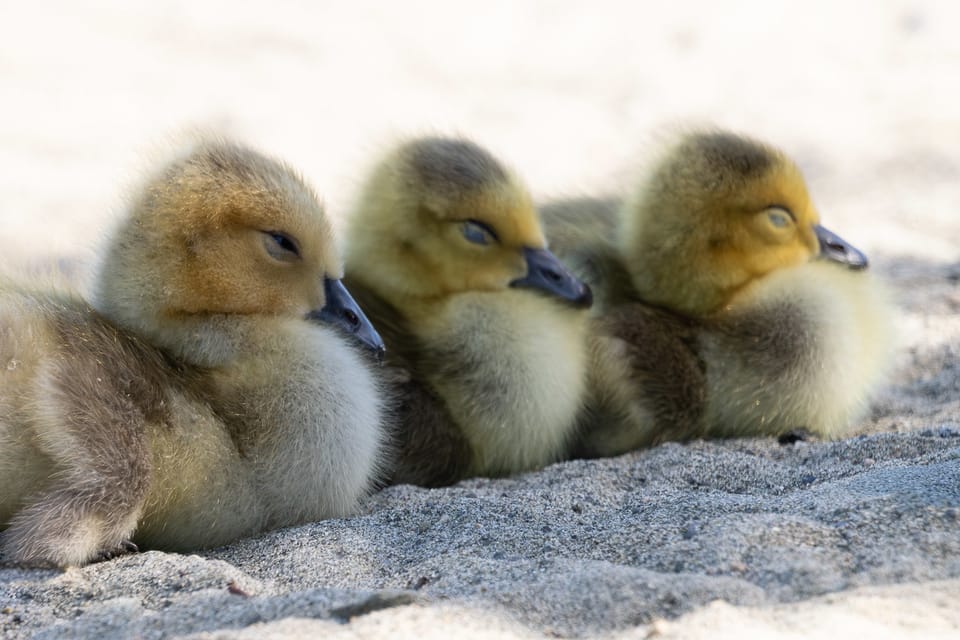EcoWest News, May 21, 2024

Welcome to EcoWest News, a weekly round-up of news and resources that you can put to use in addressing environmental issues and protecting the wild in your community.
Across the West
18-30 year old BC residents are invited to join CPAWS BC’s Young Leaders in Conservation program. The program will include 6 webinars, in-person conservation and youth-focused election town halls, and a multi-day, in-person summit. [CPAWS-BC]
Loopholes in the federal government’s temporary regulations on cruise ship pollution permit the dumping of 32 billion litres of waste into BC’s coastal waters, including marine protected areas. [CPAWS-BC]
A motorsport speedway in the Rosebud Valley near Calgary would destroy 425 acres of riparian habitat that is home to 28 endangered species, including bank swallows, and one of the most important bat hibernation sites in Canada. [Calgary Herald]
Wilder Institute/Calgary Zoo is inviting community groups in Calgary to assist with endangered plant species relocation projects (e.g. starting a nursery for some plant species). [LiveWire Calgary]
An exhibit by Rita McKeough in Regina’s Dunlop Art Gallery journeys below ground where plants and animals gather to try to make sense of the machine activity above their heads. [Regina Public Library]
Cosmetic Pesticide Ban Manitoba is asking the provincial government to reinstate the ban as many common lawn care products pose risks to human, animal, and environmental health. [Nature Manitoba]
Across Canada
Environmental and public interest groups are concerned that proposed amendments to the Impact Assessment Act would remove consideration of greenhouse gas emissions as a factor when making decisions. [West Coast Environmental Law]
A panel discussion with Canada’s top pollsters on the shifting relevance of climate change in federal elections and how it might play out in the next election will be livestreamed on YouTube on June 11. [GreenPac]
Health care professionals have developed a list of 40 recommendations to encourage clinicians to stop or reduce low-value practices that harm the environment. [Choosing Wisely Canada]
Around the World
Furiosa: A Mad Max Saga is one of a small but growing number of climate change films. Films are “the most powerful storytelling engine in our world … So, it's really important that climate shows up." [Newsweek]
The average internet user spends 3,230 hours online every year. “Decarbonizing electricity and keeping electronic devices in circulation longer could help keep the climate impact of Internet use in check.” [Anthropocene]
Improved wastewater treatment technologies are needed to handle cancer and other drugs released in wastewater that pose a substantial risk for aquatic ecosystems and possibly human health. [The Conversation]
“Instead of pursuing endless growth, it is time to pursue wellbeing for all people as part of a thriving world … When we turn away from growth as the goal, we can focus directly on asking what it would take to deliver social and ecological wellbeing, through an economy that is regenerative and distributive by design.” [The Guardian]
DIY
Are you ready to tackle overconsumption by buying just 5 new pieces of clothing a year? Look for long-lasting clothes that are a pleasure to wear and take advantage of clothing swaps and second-hand stores. [The Tyee]
Recycling is good but we can do better, says Keep Britain Tidy: Have a ‘buy less’ mindset; swap the way you shop; use it again, and again, and again; rehome it; put it in the recycling bin; and, finally, bin it. [Earthbound Report]
Experts recommend the following as the most effective climate actions on an individual level: vote for politicians promising strong climate action, fly less, invest in energy-efficient household heating and cooling, and eat less meat. [The Guardian]
Nature’s Wonders
Female sea otters are more likely than males to use tools such as rocks and shells to access food that would otherwise be too hard or too large to tackle, thereby protecting their teeth and overcoming the disadvantages of their smaller body weight. [Futurity]
Photo credit: https://www.flickr.com/photos/apmckinlay/53729070212/
EcoFriendly West informs and encourages initiatives that support Western Canada’s natural environment through its online publication and the Nature Companion website/app. Like us on Facebook, follow us on Twitter or Mastodon, or subscribe by email.

Member discussion